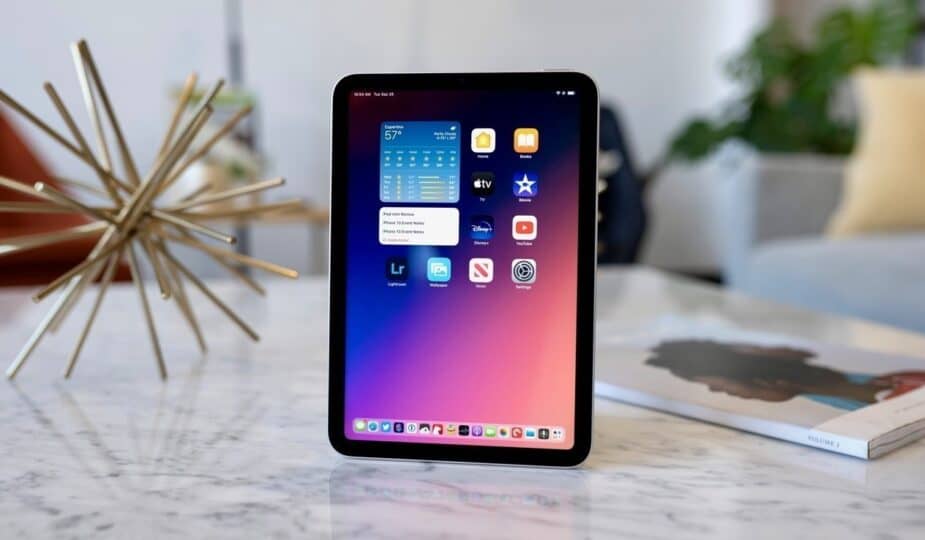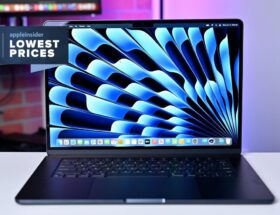iPad mini
 0 Facebook x.com Reddit
0 Facebook x.com Reddit
The first benchmark results for the seventh-generation iPad mini have appeared, showing a performance increase of about 30% compared to its predecessor.
While Apple does its own performance comparisons to previous generations when launching its products, it’s usually best to wait until the first public benchmarks for real-world numbers. On Friday, that first data started to surface.
A search for Geekbench 6 results shows that there’s a significant improvement when it comes to the A17 Pro powering the new iPad mini.
AppleInsider averaged a sample of the results and found that Geekbench’s single-core performance scored 2801. For multi-core, it hit 6796.
Geekbench Single-Core Test Results
Both of those scores are improvements over the iPad mini 6, which used the A15 Bionic. The seventh-generation model saw a 32% improvement in single-core testing and a 27% improvement in multi-core testing.
Apple’s launch announcement claimed the chip delivers a 30% performance boost and a 25% improvement in GPU performance.
Compared to the iPad, which runs the much older A13 Bionic, the results are even more impressive. Compared to the base iPad model, the seventh-generation iPad mini is 61% faster in single-core testing and 76% better in multi-core testing.
Geekbench multi-core test results
When compared to more premium models, the iPad mini 7 is on par with the M2-powered iPad Air. It’s 9% better in single-core testing, but 31% slower when it comes to multi-core.
The M4 chip in the iPad Pro leads the pack, while the A17 Pro falls 23% behind in single-core testing and 48% behind in multi-core testing.
Geekbench Metal Benchmark Results
For the Metal test, the A17 Pro in the iPad mini 7’s average score of 25,716 is impressive, and 32% better than the A15 Bionic in the iPad mini 6. It’s also 89% faster than the A13 Bionic in the base iPad.
However, that score is still well below the 41,408 and 53,451 scores of the M2 and M4 chips, respectively.
Follow AppleInsider on Google News









